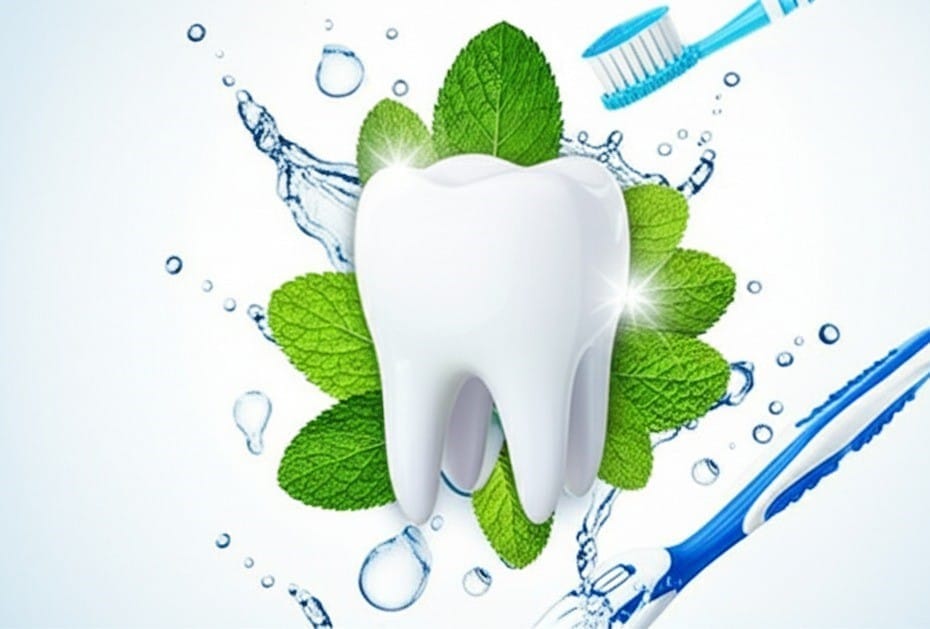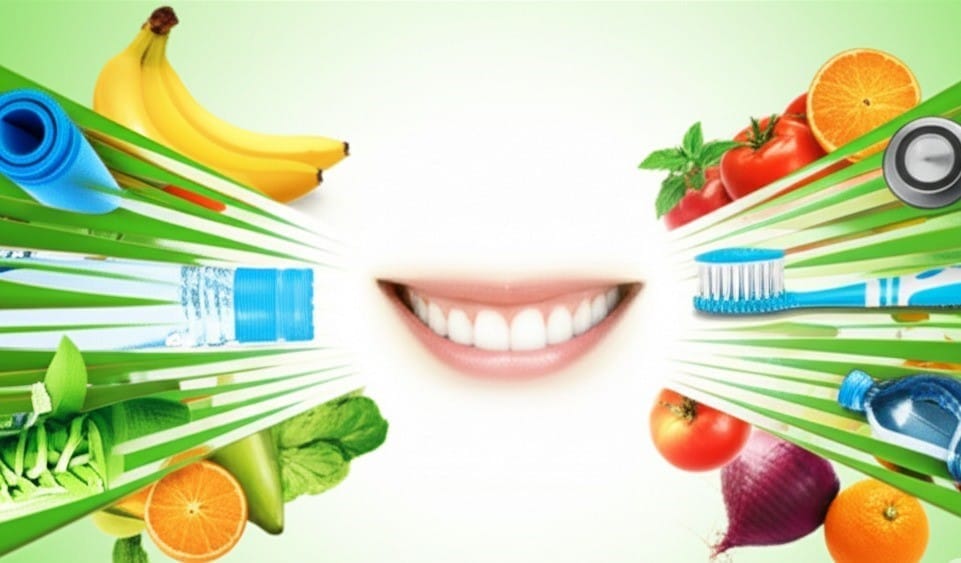Product Guide
10 Lessons About Dental Health You Need To Learn Before You Hit 40
As we age, our smile becomes more than just a symbol of confidence — it reflects our overall health and lifestyle choices. By the time you’re approaching 40, your teeth and gums have been through decades of use (and sometimes misuse). Here are ten essential lessons to understand before you reach this milestone, to help preserve your dental health for the years ahead.
1. Prevention Is Cheaper — And Easier — Than Treatment
Many people still view dental visits as something to schedule only when there's pain or an obvious problem. But routine checkups and cleanings, ideally every six months, can prevent major issues like cavities, gum disease, and tooth loss. Preventive care doesn’t just save money — it spares you from discomfort, lengthy procedures, and potential long-term complications.
By the time you’re 40, untreated small problems often become big ones. Remember: a simple filling today could prevent a root canal tomorrow.

2. Gum Health Is Just As Important As Tooth Health
Gums are the foundation for your teeth. Periodontal (gum) disease is one of the leading causes of tooth loss in adults over 40. Early signs, such as bleeding when you brush or floss, often go ignored. Learning proper brushing and flossing techniques, using mouthwash when needed, and getting regular professional cleanings are critical steps to keep gums healthy.
Healthy gums also help lower your risk of systemic issues; research shows strong links between gum disease and conditions like diabetes, heart disease, and stroke.
3. Diet Has a Direct Impact on Your Smile
It’s common knowledge that sugar causes cavities, but many adults underestimate the impact of daily food and drink choices. Acidic foods and drinks (such as soda, wine, and citrus) can erode enamel, making teeth more sensitive and prone to decay. Frequent snacking also keeps harmful acids in contact with your teeth.
Focus on a balanced diet rich in calcium, vitamin D, and crunchy fruits and vegetables. They not only support healthy teeth but can also help clean plaque as you chew.
4. Enamel Doesn’t Grow Back
Unlike skin or bone, enamel — the protective outer layer of your teeth — doesn’t regenerate once it’s worn away. By your 40s, habits like aggressive brushing, acid reflux, grinding your teeth, and consuming acidic beverages can leave enamel thin and teeth sensitive.
Switch to a soft-bristled toothbrush, use gentle pressure, and consider toothpaste for sensitive teeth if you’re already experiencing discomfort.
5. Bad Breath Could Be a Warning Sign
Occasional bad breath after coffee or a meal is normal. Persistent halitosis, however, can be an early sign of gum disease, dry mouth, or other dental or medical issues. If regular brushing and flossing don’t solve the problem, it’s time to visit your dentist.
Don’t rely solely on breath mints or mouthwash — these may mask the issue rather than address the root cause.
6. Your Teeth Can Shift Over Time
Many adults notice slight gaps, crowding, or bite changes in their 30s and 40s. This can happen even if you had orthodontic treatment earlier in life, especially if you stopped wearing your retainer. Teeth naturally shift over time due to factors like tooth loss, grinding, and gum recession.
Discuss options like new retainers, clear aligners, or other orthodontic treatments with your dentist to prevent further shifting and keep your bite healthy.
7. Nighttime Habits Matter
Teeth grinding (bruxism) and jaw clenching are common, often linked to stress. Over the years, these habits can wear down enamel, crack teeth, and lead to jaw pain or headaches. Many people are unaware they grind their teeth until significant damage has occurred.
A custom night guard can help protect your teeth while you sleep. Your dentist can also suggest stress-management strategies to reduce grinding.
8. Cosmetic Dentistry Is About Health, Too
Procedures like whitening, veneers, and bonding aren’t just cosmetic; they can restore worn enamel, strengthen damaged teeth, and protect against further decay. However, it’s essential to choose reputable professionals and avoid overuse, which can sometimes weaken teeth or gums.
If you’re considering cosmetic work, prioritize health and function alongside appearance.
9. Dry Mouth Isn’t Just Annoying — It’s Risky
Dry mouth can result from medications, dehydration, or certain medical conditions. Saliva is your mouth’s natural defense against bacteria and acid; without enough, you’re at greater risk of cavities and gum disease.
Stay hydrated, chew sugar-free gum to stimulate saliva, and discuss solutions with your dentist. Special rinses and mouthwashes can also help keep your mouth moist.

10. Dental Health Is Part of Your Overall Wellness
Oral health doesn’t exist in a vacuum. Conditions like diabetes, heart disease, and osteoporosis can affect your teeth and gums. Conversely, untreated gum disease may worsen these health problems.
Before 40, it’s crucial to see your dentist not just as a “tooth doctor,” but as an integral part of your health team. Share your medical history openly and ask how your health may impact your dental care.
Conclusion
Dental health isn’t just about a perfect smile — it’s about keeping your teeth strong, your gums healthy, and your body well. By embracing these lessons before you turn 40, you can avoid many of the common dental challenges that people face in midlife and beyond.
Take care of your teeth today, and they’ll continue to take care of you for decades to come.
HEY, I’M AUTHOR…
Platform for Health, Electronics, Home & Kitchen, Clothing etc related News. We are determined to bring you the scoop of the media and latest trends here everyday, round the clock.
JOIN MY MAILING LIST
Created with © systeme.io


